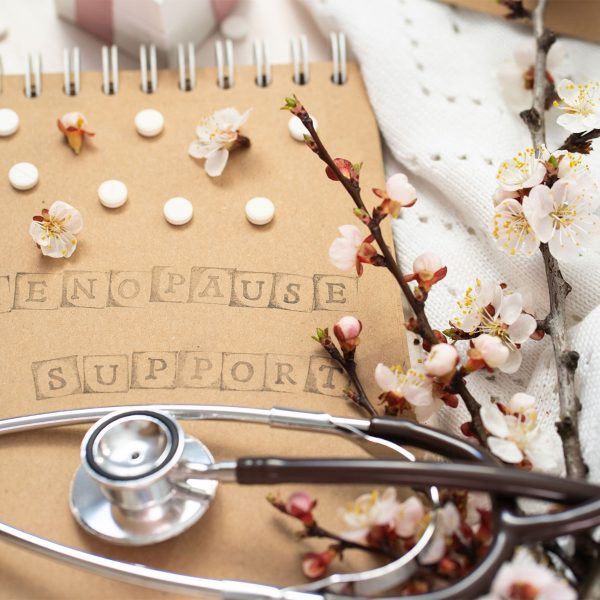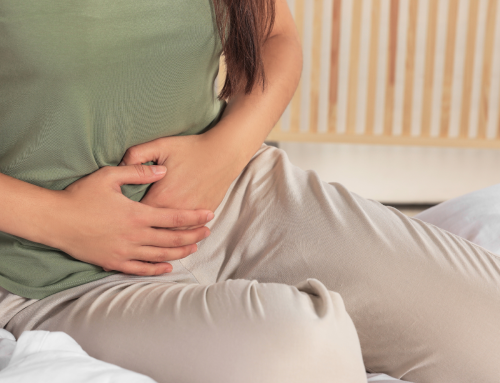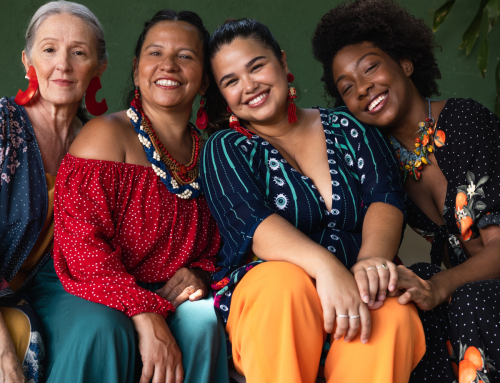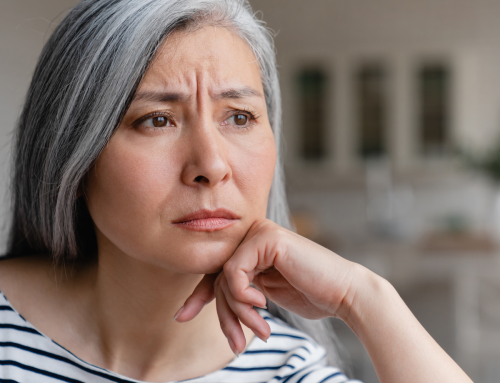
Menopause is a natural biological process that marks the end of a woman’s reproductive years. It is a big change in a woman’s life that can come with many physical and emotional symptoms. It can be a challenging time for many women as it signifies not only the end of the childbearing years, but also a transition to a new phase of life. So, what is menopause exactly? In this post, we will delve deeper into menopause and how to deal with this life-changing event.
What is Menopause?
Menopause is a normal part of the aging process that occurs when the ovaries stop producing eggs. It usually happens between the ages of 45 to 55, but some women may experience it earlier or later. Menopause is considered complete when a woman hasn’t had a menstrual period for 12 consecutive months. However, the transition to menopause can take several years and be divided into three stages: perimenopause, menopause, and post menopause.
Ages and Stages
During perimenopause, which can start in the late 30s or early 40s, a woman’s hormone levels begin to fluctuate, leading to irregular periods, hot flashes, and other symptoms. Menopause is the point when a woman has gone a year without a period. Post menopause refers to the years after menopause, where a woman’s body adjusts to the lack of estrogen and progesterone production.
Symptoms You Can Expect
The most common symptoms of menopause are hot flashes, night sweats, irregular periods, mood swings, vaginal dryness, and sleep disturbances. These symptoms can last for several years, and their severity varies from woman to woman. While some women experience mild symptoms that don’t impair their quality of life, others may suffer extreme discomfort that interferes with their daily activities.
Symptom Management
There are several ways to manage menopause symptoms. Lifestyle changes such as exercising regularly, eating a healthy diet, and avoiding triggers such as caffeine or alcohol can help ease hot flashes and mood swings. Hormone therapy is also an option for some women, but it’s not suitable for everyone and should be discussed with your healthcare provider.
Other treatments include over the counter or prescribed medications like low-dose antidepressants, gabapentin, or clonidine, which can alleviate symptoms such as hot flashes or night sweats. V-Health is an alternate option that has proven to relieve many menopause symptoms as well. Vaginal moisturizers or lubricants can help with vaginal dryness and discomfort during intercourse.
Menopause is a natural process that all women will experience in their lifetime. It’s important to understand what to expect and how to deal with it properly. By making lifestyle changes and seeking medical advice and treatment, women can manage menopause symptoms and maintain their overall health and well-being. With the help of resources like GetvHealth, women can prepare themselves for menopause and gain access to the tools they need to stay healthy throughout this transitional phase. Let’s embrace menopause as a new chapter in our lives and enjoy that wonderful freedom that comes with being past our reproductive age.






